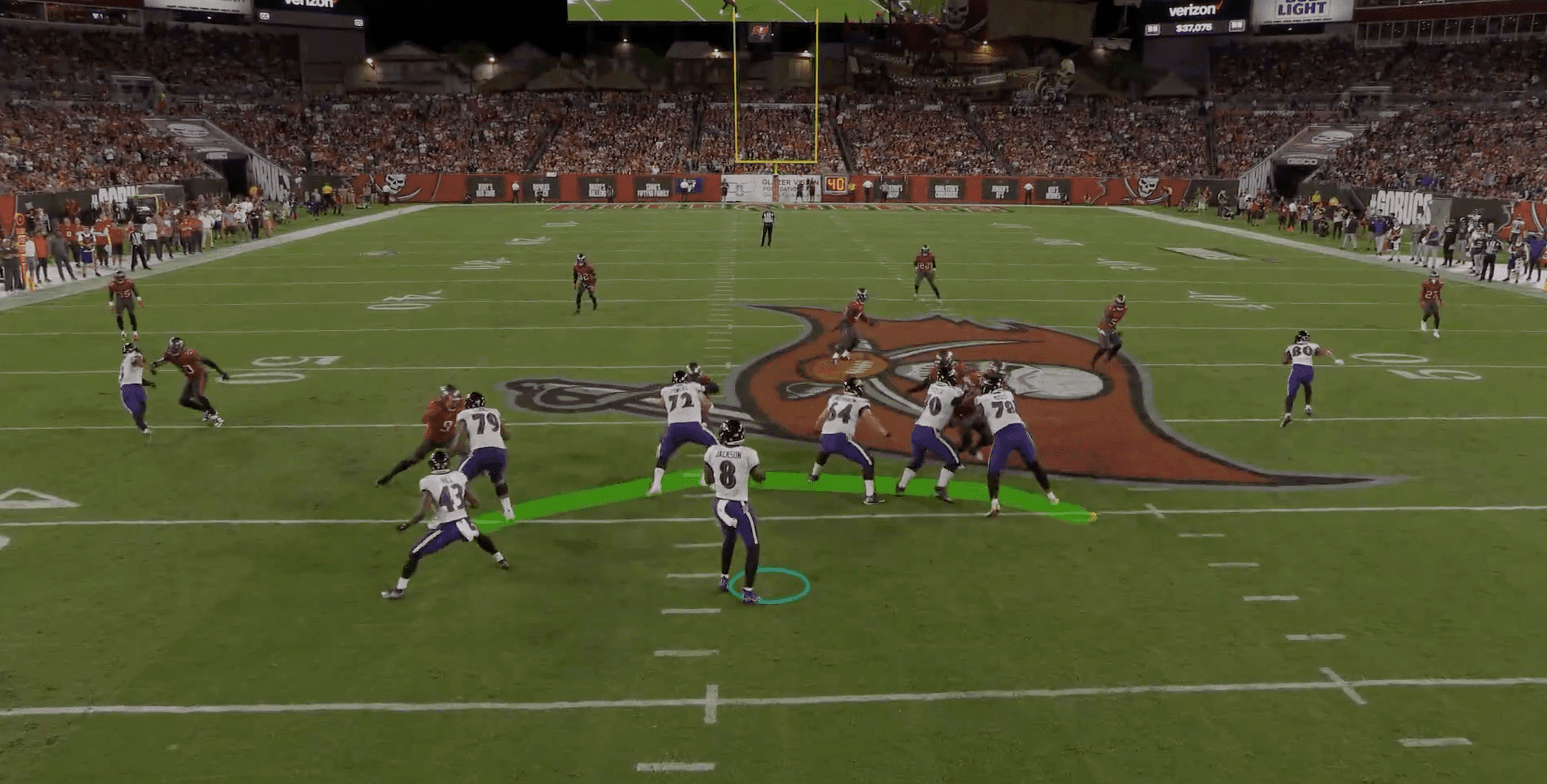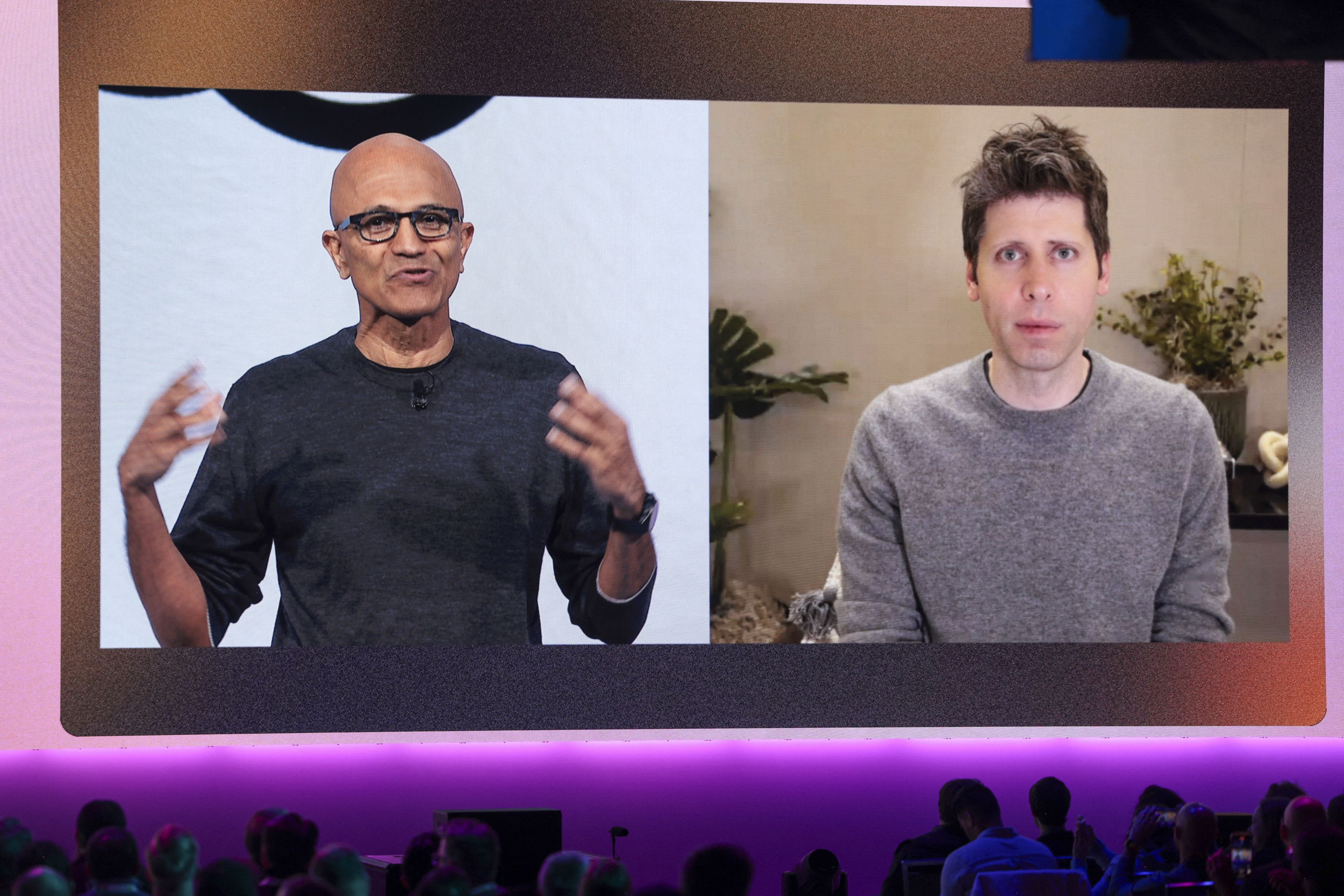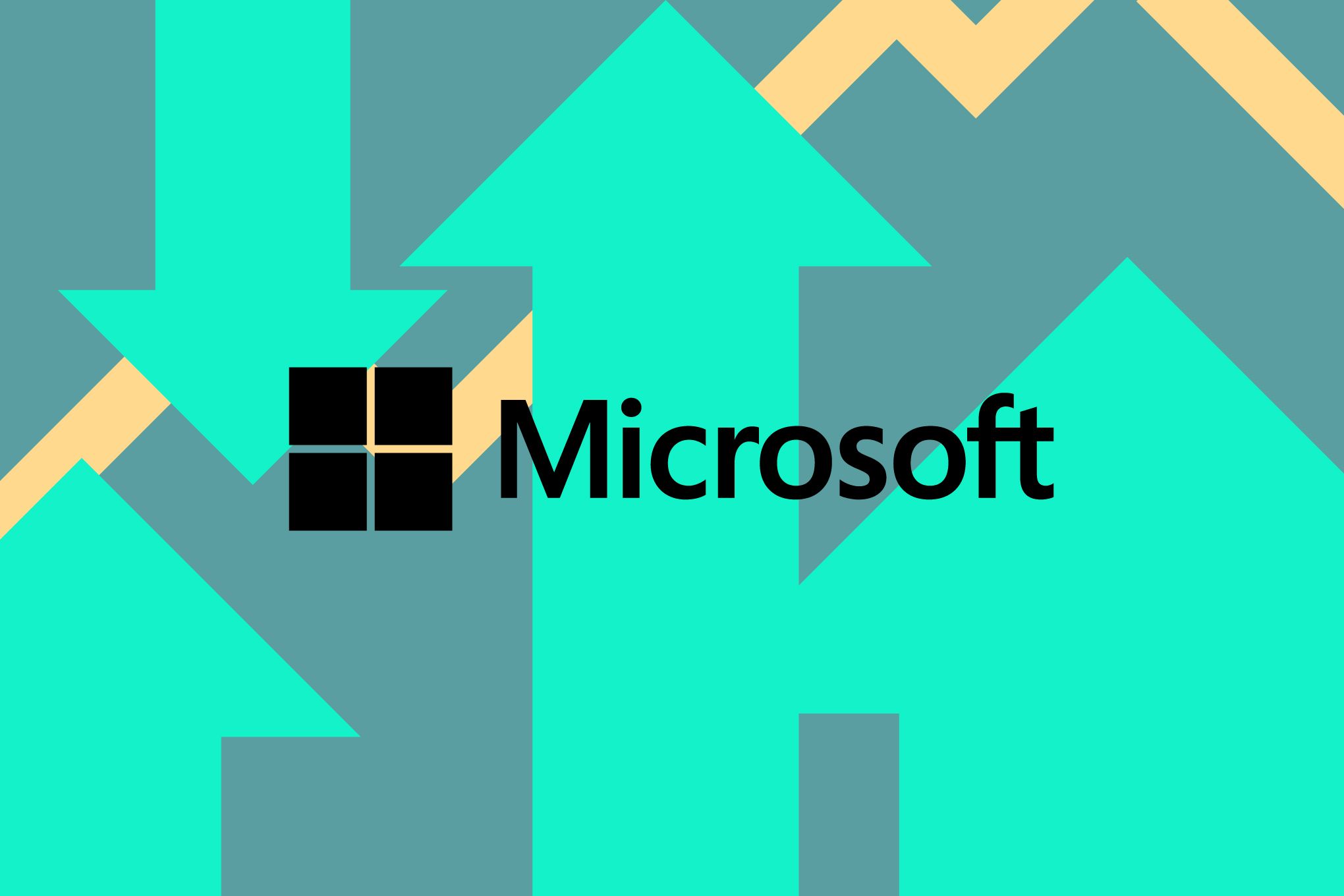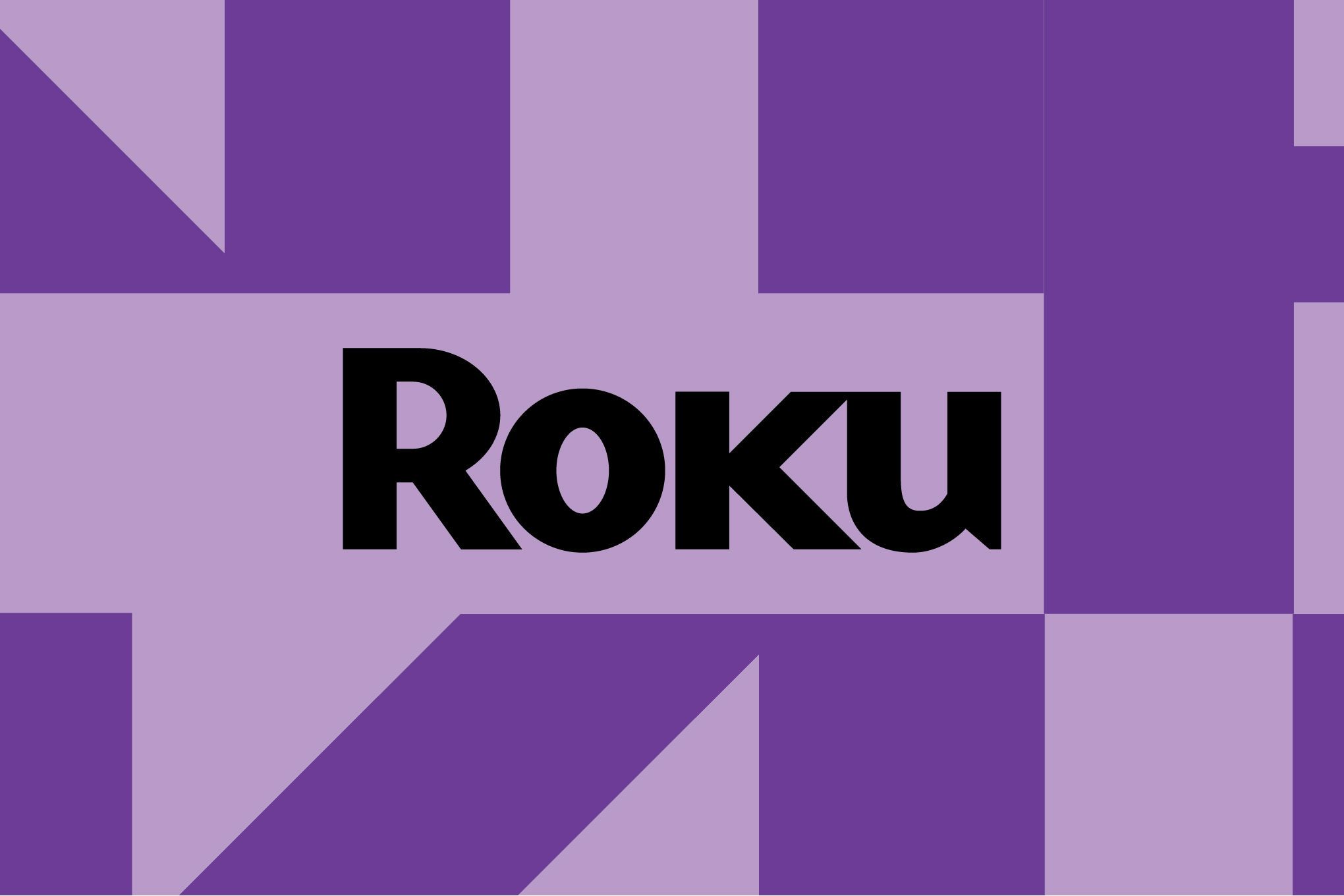Amazon just transformed NFL viewing with AI features that predict quarterback danger and comeback scenarios in real-time. The new Pocket Health system analyzes tens of thousands of data points during each play, while End of Game tools calculate victory probabilities - marking the streaming giant's biggest push yet into sports AI analytics.
Amazon is betting big on AI-powered sports analytics, and Thursday Night Football viewers are about to see the payoff. The company's Prime Video platform just unveiled its most sophisticated AI features yet, starting with Pocket Health - a system that processes tens of thousands of data points during each offensive play to display real-time threat levels facing quarterbacks.
The timing couldn't be more strategic. As the 2025 NFL season kicks off, Amazon is positioning itself not just as another streaming service, but as the future of sports broadcasting. According to Amazon MGM Studios' announcement, these features represent the next evolution in how fans consume live sports.
Pocket Health works by analyzing offensive line formations, player positioning, and defensive pressure patterns to create visual indicators of quarterback safety. It's like having a defensive coordinator's brain translated into viewer-friendly graphics that update in real-time. The system builds on Amazon's existing AI infrastructure, which already powers features like Defensive Alerts that identify potential blitzing players before the snap.
But Amazon isn't stopping at in-game analysis. The new End of Game tools tackle what might be the most nail-biting moments in football - those final minutes when everything's on the line. One feature calculates potential possession scenarios for trailing teams, while another attempts to predict exactly how much time a team needs to mount a successful comeback or secure victory.
This represents a fundamental shift in how streaming platforms approach live sports. While traditional broadcasters rely on human analysts and basic statistics, Amazon is weaponizing machine learning to deliver insights that even seasoned football veterans might miss. "We're not just showing the game," the company seems to be saying, "we're showing you how to understand it better than anyone else."
The competitive implications are massive. Netflix just announced its own NFL broadcasting plans, while Disney's ESPN continues to dominate traditional sports media. But Amazon's AI-first approach could give it a significant edge in attracting younger, tech-savvy viewers who expect their entertainment to be as smart as their smartphones.












